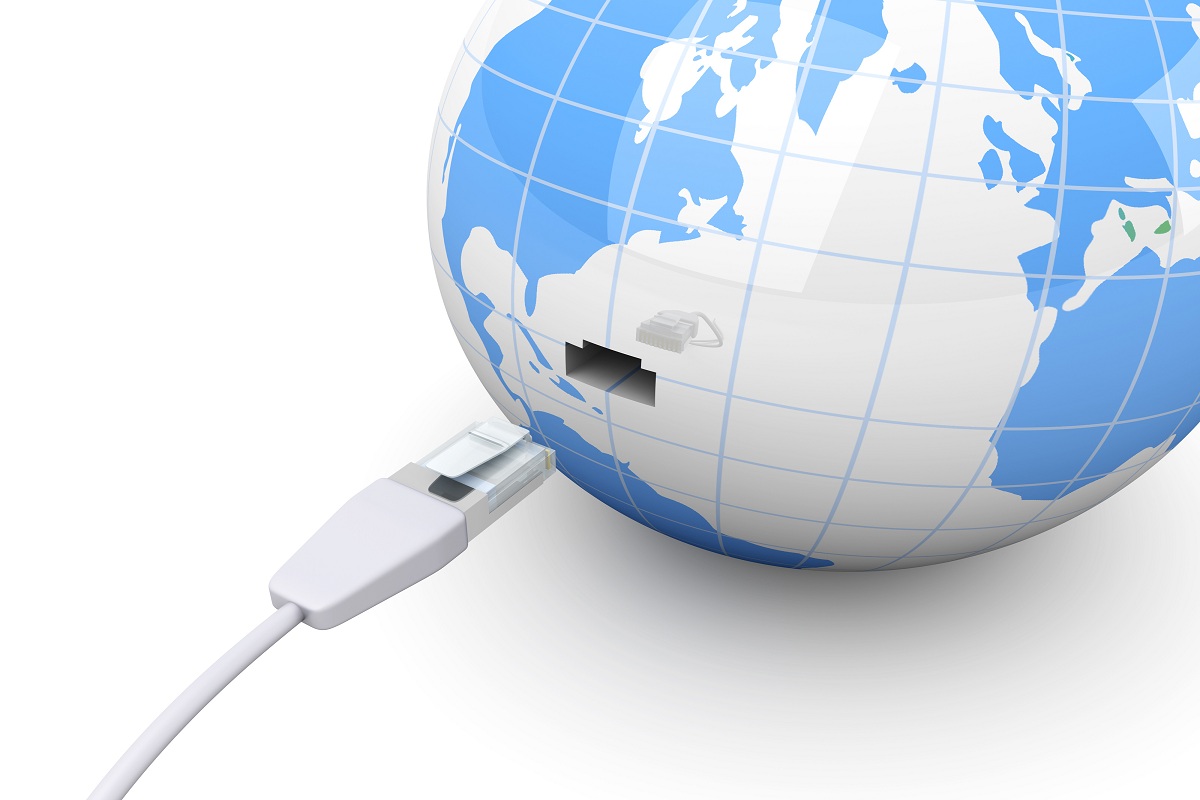Tim Berners-Lee wants to give internet access to world’s poorest people
World Wide Web pioneer teams up with UK Government and tech giants to open up internet access to developing nations.


The UK Government has teamed up with the likes of Google and Facebook to help the inventor of the World Wide Web Tim Berners-Lee promote internet access in the developing world.
The Government-backed Alliance for Affordable Internet (A4AI) was founded by the web pioneer and will work with developing nations to remove bottlenecks in policies and regulations that prevent people from affording internet access.
Internet access puts power in the hands of people and opens up societies. Yet for millions of people across the world high prices still put it out of reach.
The organisation's aim is to help reach the United Nations Broadband Commission's objective of entry-level broadband services priced at less than five per cent of average monthly income in developing countries.
Berners-Lee said the reason for the alliance was because the majority of the world's people are still not online.
He claims in Mozambique, using just one gigabyte of data can cost well over two months' wages for the average citizen. This, he said, had led to "a widening digital divide that slows progress in vital areas such as health, education and science".
"With the advent of affordable smartphones, new undersea cables and innovations in wireless spectrum usage, there is simply no good reason for the digital divide to continue," Berners-Lee said.
"The real bottleneck now is anti-competitive policies that keep prices unaffordable.
Sign up today and you will receive a free copy of our Future Focus 2025 report - the leading guidance on AI, cybersecurity and other IT challenges as per 700+ senior executives
"The Alliance is about removing that barrier and helping as many as possible get online at reasonable cost," he added.
The Alliance said around 31 per cent of the population in developing markets are online, compared with 77 per cent in developed markets, according to research from the International Telecommunications Union (ITU).
Justine Greening, secretary of state for International Development, said the Government was backing the organisation because it will bring enormous benefits to the world's poor.
"Internet access has been a driver of economic growth. It puts power in the hands of people and opens up societies. Yet for millions of people across the world high prices still put it out of reach," she said.
"This new alliance will challenge the anti-competitive regulations and policies that push up prices across the developing world, helping to bring universal internet access to the world's poorest people."
Google, the brains behind Project Loon - which aims to bring internet into hard-to-reach areas of the developing world - has also given the project its blessing.
"The world needs technical innovation and vision to bring more people online, but we also need a strong policy foundation that allows new ideas to flourish," said Jennifer Haroon, access principal at Google.
"By working alongside Alliance partners, we can help lay the groundwork needed to drive innovation and bring the power of the internet to more people."
Rene Millman is a freelance writer and broadcaster who covers cybersecurity, AI, IoT, and the cloud. He also works as a contributing analyst at GigaOm and has previously worked as an analyst for Gartner covering the infrastructure market. He has made numerous television appearances to give his views and expertise on technology trends and companies that affect and shape our lives. You can follow Rene Millman on Twitter.
-
 Meta to pay $725 million in Cambridge Analytica lawsuit settlement
Meta to pay $725 million in Cambridge Analytica lawsuit settlementNews The settlement closes the long-running lawsuit into how Facebook's owner, Meta, handled the Cambridge Analytica scandal
-
 Meta's earnings are 'cause for concern' and 2023 looks even bleaker
Meta's earnings are 'cause for concern' and 2023 looks even bleakerAnalysis Calls for investor faith in metaverse tech only emphasise the worries that its investment strategy won't pay off
-
 Microsoft and Meta announce integration deal between Teams and Workplace
Microsoft and Meta announce integration deal between Teams and WorkplaceNews Features from both business collaboration platforms will be available to users without having to switch apps
-
 Facebook is shutting down its controversial facial recognition system
Facebook is shutting down its controversial facial recognition systemNews The move will see more than a billion facial templates removed from Facebook's records amid a push for more private applications of the technology
-
 'Changing name to Meat': Industry reacts to Facebook's Meta rebrand
'Changing name to Meat': Industry reacts to Facebook's Meta rebrandNews The rebrand attempts to provide a clearer distinction between Facebook and its umbrella company
-
 Facebook's Oversight Board demands more transparency
Facebook's Oversight Board demands more transparencyNews Board bashed the social media giant for its preferential treatment of certain high-profile accounts
-
 Facebook claims AI managed to reduce hate speech by 50%
Facebook claims AI managed to reduce hate speech by 50%News The social media platform has hit back at claims the tech it uses to fight hate speech is inadequate
-
 Facebook to hire 10,000 workers across the EU
Facebook to hire 10,000 workers across the EUNews The high-skilled jobs drive is a “vote of confidence” in the European tech industry


